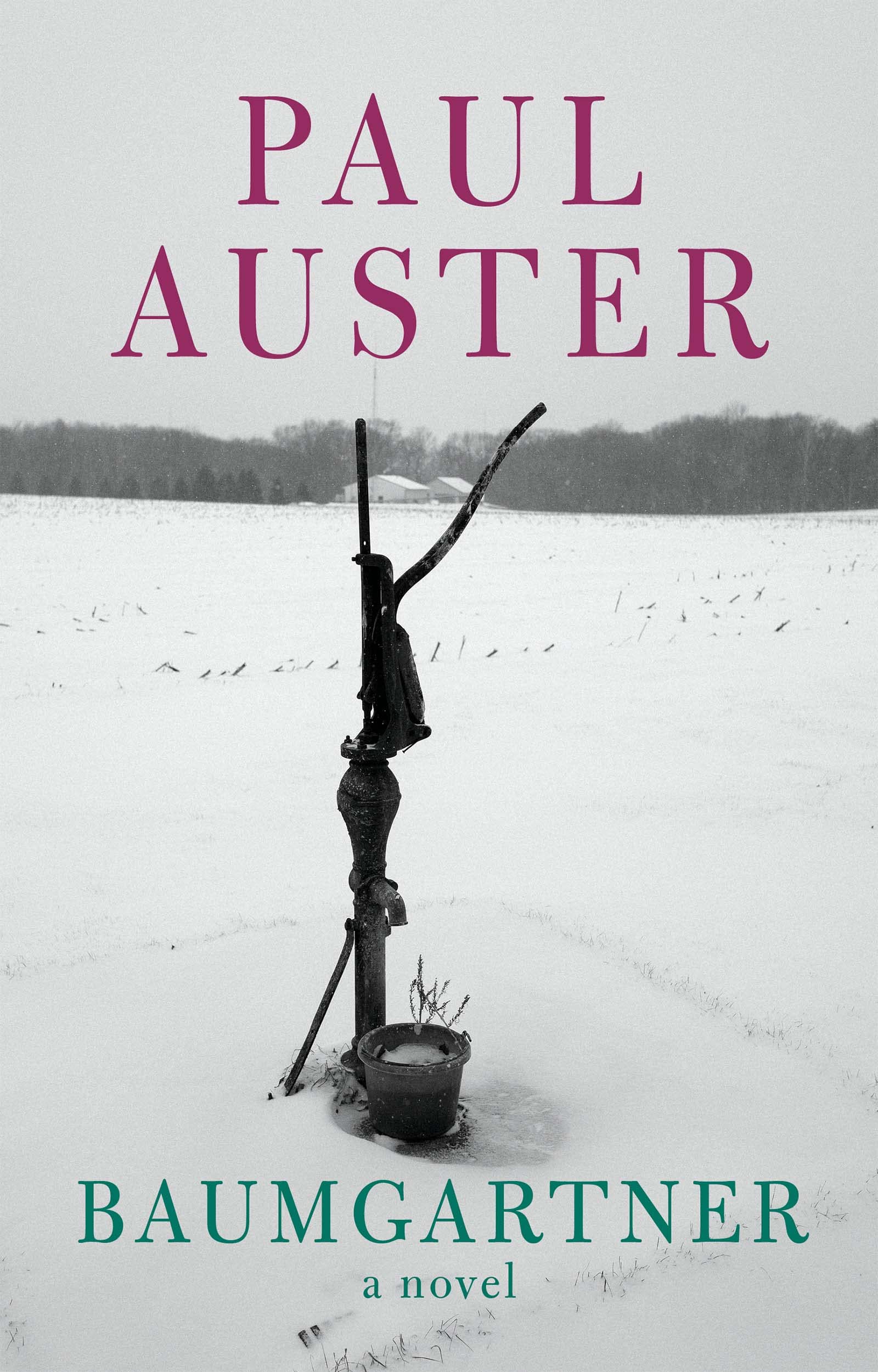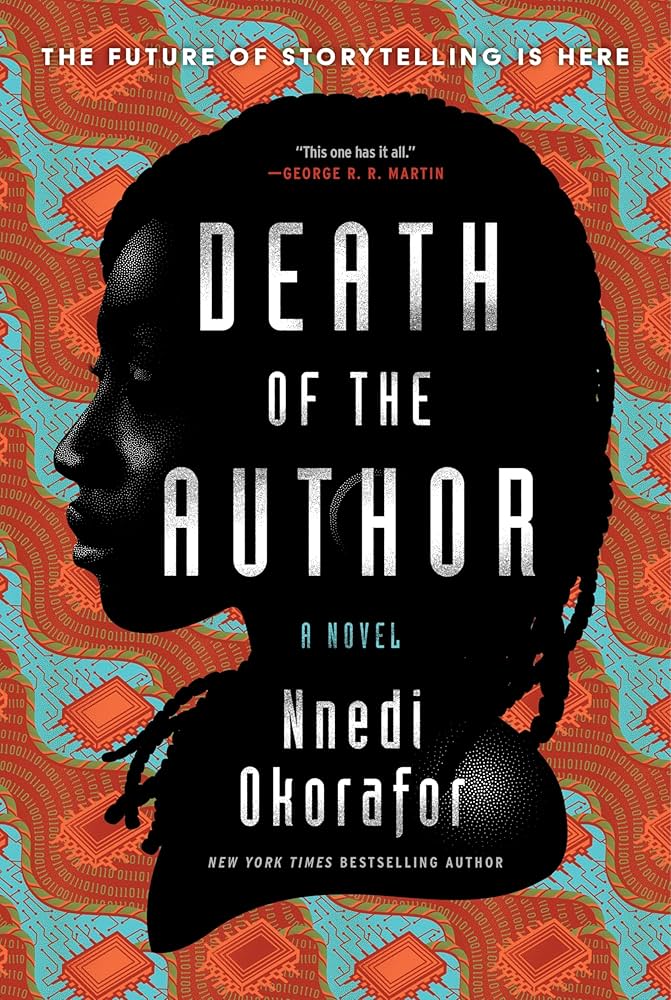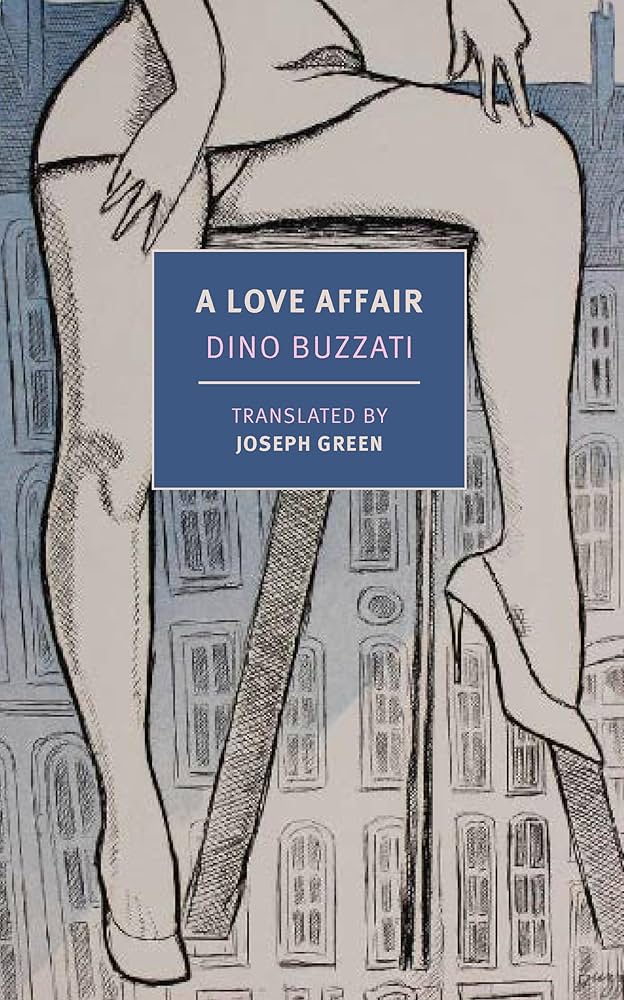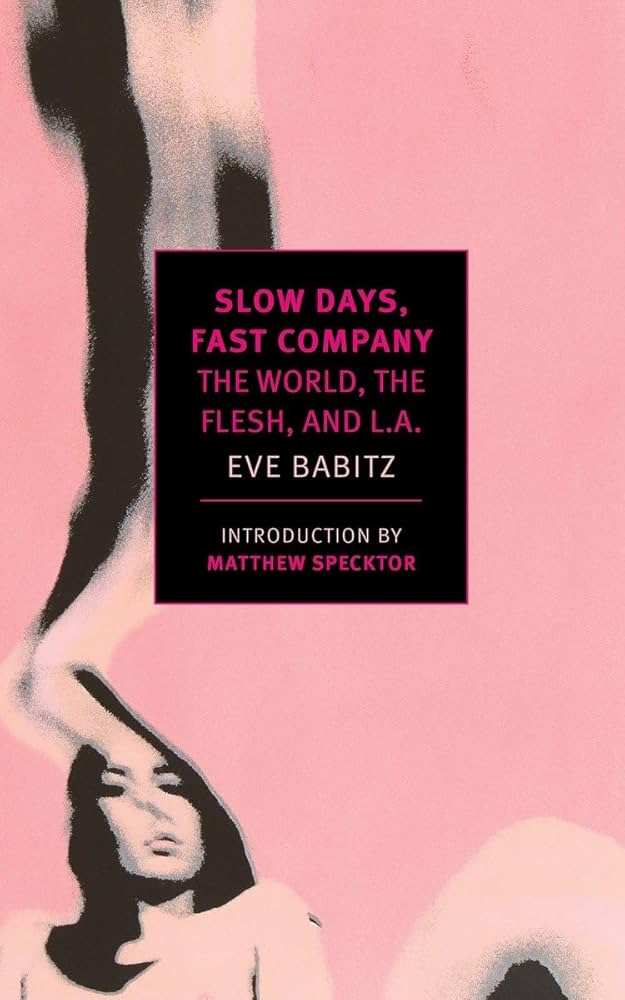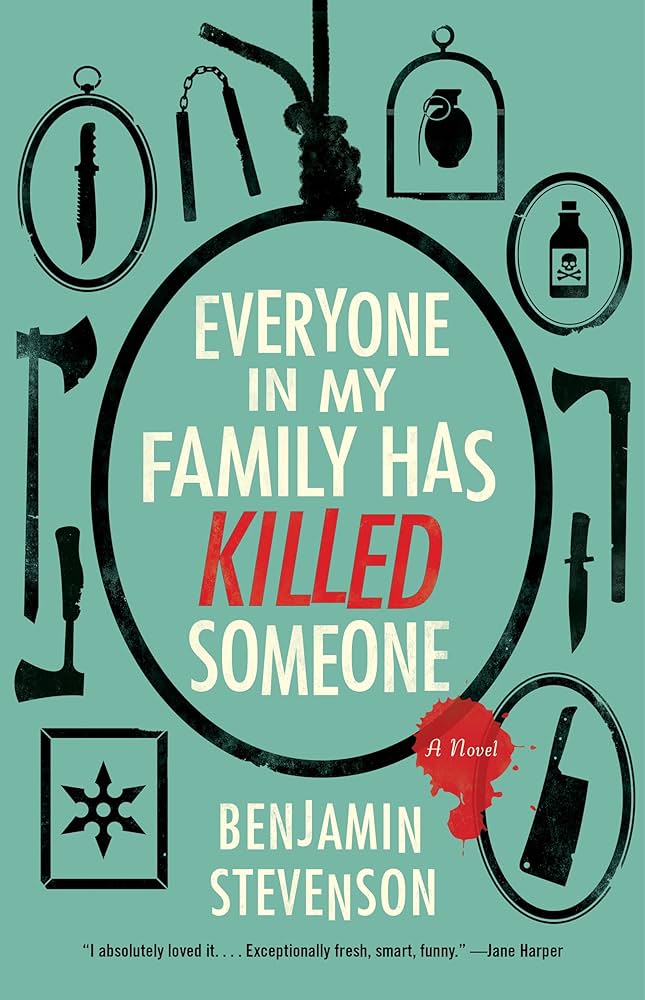The more you know about Paul Auster, the more interesting this book is. I didn’t know much going in (I’d read 4 3 2 1 and The New York Trilogy), but as I read it I also read about it — NY Times, Guardian, Wikipedia, El Pais. Which, if you’re going to read one thing, read the El Pais piece:
All the Austers come together In Baumgartner; even those that are not part of his fictional world, but arise from the author’s family history. The novel includes texts both from Baumgartner’s companion, who died 10 years before the beginning of the narration (again, we find hints of Hustvedt in her personality) and from the character himself, one of them previously published by Auster under his own name, The Wolves of Stanislav, the account of a trip made by the author to Ukraine in search of the origins of part of the Auster family, appropriated by Baumgartner in the novel.
The last chapter of the book absolutely made it for me. The main character came alive then — his kind and generous way of seeing other people, of appreciating the world around him, the adventurousness and life that Auster gives him, and the last sentence of the book are perfect. If this is the last thing that Auster publishes, it’s a beautiful way close out his career.

